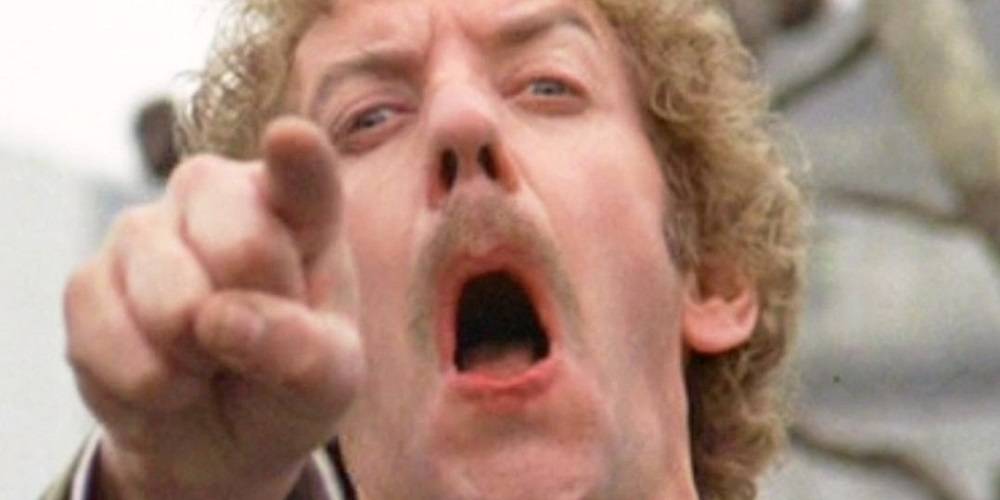Student loan debt is not eliminated, the debt is transfers to taxpayers, like you.
So if a student goes to Harvard and gets loan 'forgiveness' then you the taxpayer is paying for somebody's Ivy League education.
Sounds fair to me.
It is fair considering education is a public good and should be paid for by taxpayers.
The idea is you invest in yourself. You take responsibility for your life. Not government.
Public primary education is paid by taxpayers within a school district. That is a public good. Communities mandate all kids get a basic education.
If you go into debt to get a PHD in a field where there are few jobs that pay a living wage like art history taxpayers should pay for that?
.
Sadly enough, fewer and fewer Americans are earning Ph.D.s in anything, largely because the very high cost of undergraduate education ( something you completely skipped over) and the dearth of funds to support graduate students—vastly different compared with my generation whose assistantships covered tuition and much of the cost of subsidized grad housing and some bare bones food. Oh, and health care. Even with me working full time, we were just scraping by but so we’re all our friends and we informally came together in various co-ops, sharing resources and friendship. For all the monetary stress, it was one of the happiest times in our lives, I think because of the lack of emphasis on stuff and the emphasis on learning and and shared living experiences and community. Sadly, I don’t think that even exists now.
So who will teach our college students? Who will yea h our doctors and lawyers and nurses and teachers and engineers and journalists and librarians and social workers and so on?
It appears that these days it is necessary for many if not most students to go into massive debt in order to obtain an undergrad degree, never mind to enter and complete grad school or a professional school.
Have you considered for even a moment what the implications are for our society?

